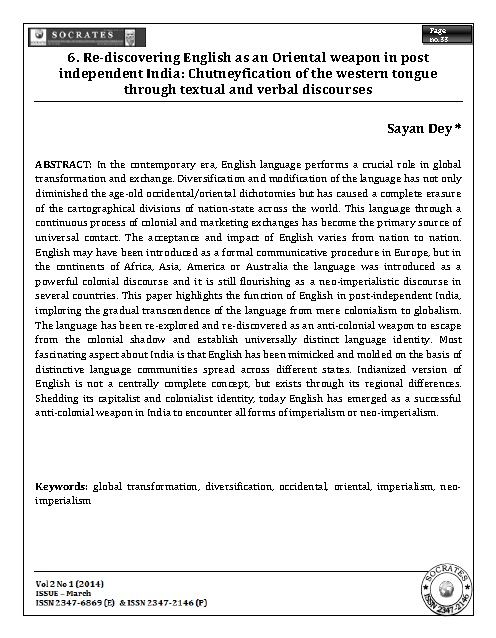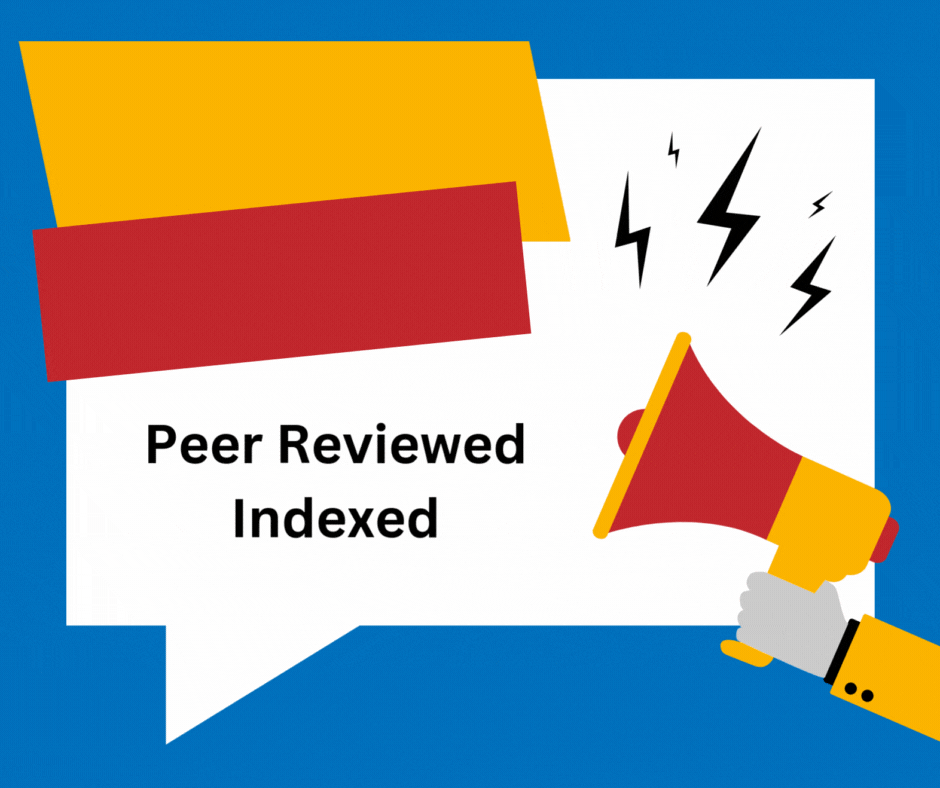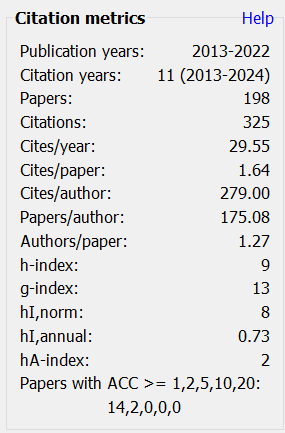Re-discovering English as an Oriental weapon in post independent India
Chutneyfication of the western tongue through textual and verbal discourses
Keywords:
global transformation, diversification, occidental, oriental, imperialism, neoimperialismAbstract
In the contemporary era, English language performs a crucial role in global transformation and exchange. Diversification and modification of the language has not only diminished the age-old occidental/oriental dichotomies but has caused a complete erasure of the cartographical divisions of nation-state across the world. This language through a continuous process of colonial and marketing exchanges has become the primary source of universal contact. The acceptance and impact of English varies from nation to nation. English may have been introduced as a formal communicative procedure in Europe, but in the continents of Africa, Asia, America or Australia the language was introduced as a powerful colonial discourse and it is still flourishing as a neo-imperialistic discourse in several countries. This paper highlights the function of English in post-independent India, imploring the gradual transcendence of the language from mere colonialism to globalism. The language has been re-explored and re-discovered as an anti-colonial weapon to escape from the colonial shadow and establish universally distinct language identity. Most fascinating aspect about India is that English has been mimicked and molded on the basis of distinctive language communities spread across different states. Indianized version of English is not a centrally complete concept, but exists through its regional differences. Shedding its capitalist and colonialist identity, today English has emerged as a successful anti-colonial weapon in India to encounter all forms of imperialism or neo-imperialism.
Downloads
Metrics
References
Greenberg, Joseph. Language Universals: With Special Reference to Feature Hague: Mouton and Co. 1974. Print. Hierarchies. The
Lyotard, Jean-Francois. The Postmodern Condition: A Report on Knowledge. Trans. Geoff Bennington and Brian Massumi. Minneapolis: University of Minnesota Press. 1984. Print.
McHoul, A. and Grace, W. A Foucault Primer: Discourse, Power and the Subject. Melbourne: Melbourne University Press. 1997. Print.
Said, Edward. Crisis in Orientalism. London: Penguin Publishers. 1991. Print.---. Introduction to Orientalism. London: Vintage Publishers. 1991. Print.
Nichols, Johanna. Linguistic Diversity in Space and Time. Chicago: University of Chicago Press.2011. Print.

Downloads
Published
How to Cite
Issue
Section
License
Revised Copyright/CC license that applies to all the articles published after 05-02-2017
Attribution-NonCommercial 4.0 International (CC BY-NC 4.0)

Copyright/CC license that applies to all the articles published before 05-02-2017
Attribution-Non Commercial-No Derivatives 4.0 International (CC BY-NC-ND 4.0)

Author(s) will retain all the right except commercial and re-publishing rights. In the case of re-publishing, they will have to obtain written permission from the journal. Additional licensing agreements (Creative Commons licenses) grants rights to readers to copy, distribute, display and perform the work as long as you give the original author(s) credit, they can not use the works for commercial purposes and are not allowed to alter, transform, or build upon the work. For any reuse or distribution, readers and users must make clear to others the license terms of this work. Any of these conditions can be waived if you get permission from the copyright holders. Nothing in this license impairs or restricts the authors’ rights. To view a copy of this license, visit http://creativecommons.org/licenses/by-nc-nd/4.0/ or send a letter to Creative Commons, 171 Second Street, Suite 300, San Francisco, California, 94105, USA.
Research Papers published in SOCRATES are licensed under an Attribution-NonCommercial-NoDerivatives 4.0 International (CC BY-NC-ND 4.0)












